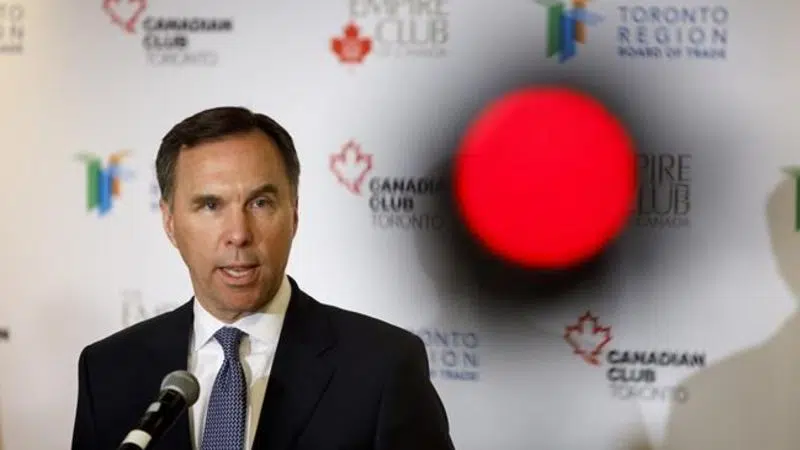
In pre-election budget, Liberals boost infrastructure cash to cities, broadband
OTTAWA — A one-time $2.2-billion windfall in the federal budget to help Canadian cities improve roads, bridges, highways and water systems won’t become an annual tradition, Finance Minister Bill Morneau warned Wednesday, even in the face of what he acknowledged were problems getting the original projects off the ground.
Tuesday’s multibillion-dollar top-up will double the money cities receive through the federal gas-tax fund, which sends money directly to municipalities each year.
The spending blueprint says the Liberals have approved more than 33,000 projects worth about $19.9 billion in federal financing under new and existing infrastructure programs, but also acknowledges spending has been slower than anticipated, including “some jurisdictions being slower to prioritize projects.”


